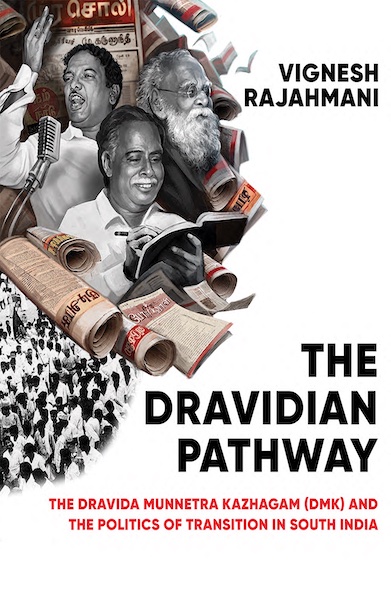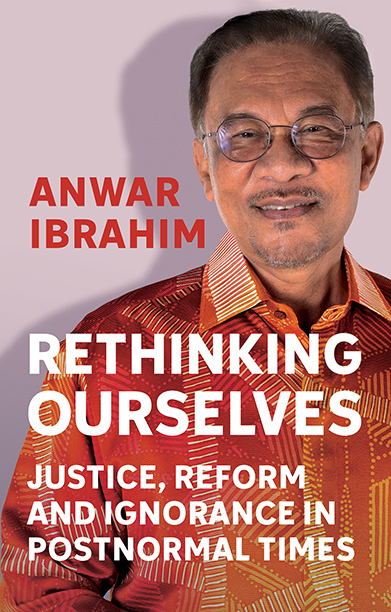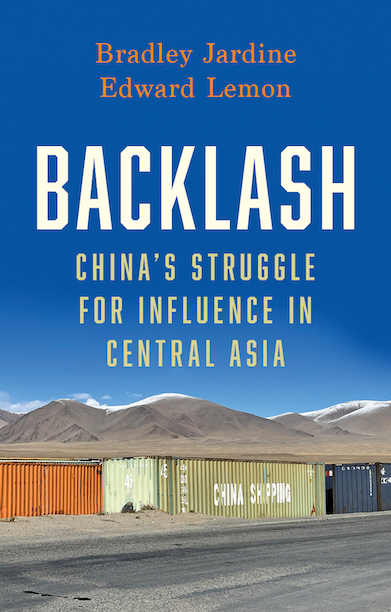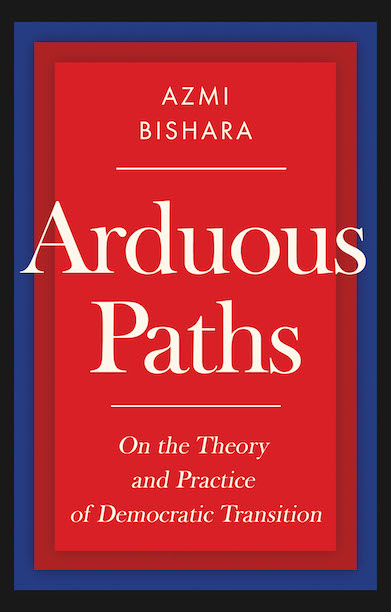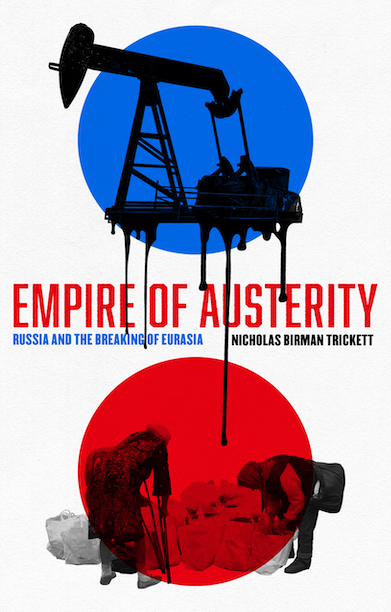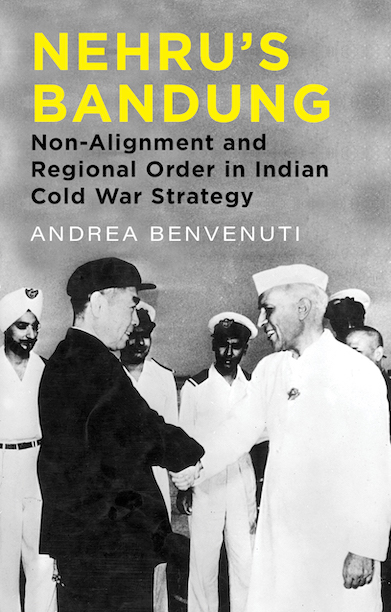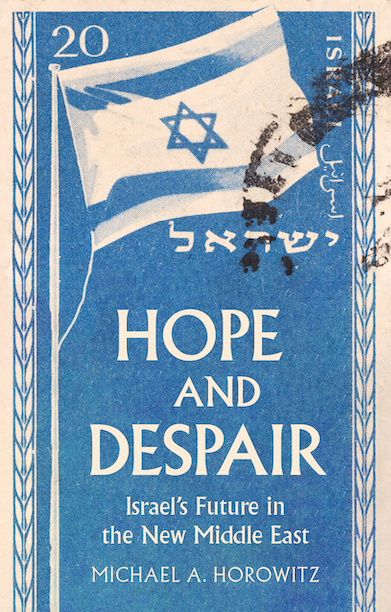The Dravidian Pathway
The Dravida Munnetra Kazhagam (DMK) and the Politics of Transition in South India
Chronicles the transformation of a Dravidian socio-cultural movement into an electorally viable poChronicles the transformation of a Dravidian socio-cultural movement into an electorally viable political party in Tamil Nadu.
Description
The Dravidian Pathway is a timely contribution to public and scholarly understanding of South Indian politics, examining a pivotal period in the rise to power of the Tamil Nadu party Dravida Munnetra Kazhagam (the Dravidian Progressive Federation, or DMK).
The scholarly canon on social movements and/or electoral politics has largely neglected the interplay between the two, focusing only on outcomes. Vignesh Rajahmani’s innovative, detailed study of the Dravidian movement explores the strategic leadership of DMK and non-DMK figures like Periyar E.V. Ramasamy, C.N. Annadurai, M. Karunanidhi and K. Kamaraj. It illustrates their synthesis of anti-caste ideology, socioeconomic and educational mobility, and inclusive Dravidian-Tamil identity, and considers why that vision resonated with marginalised communities.
Tracing the early DMK years, from the party’s social justice campaigns to its landmark electoral victory in 1967, Rajahmani highlights the challenges of navigating ideological commitments within the constraints of political pragmatism, while also making politics accessible to the common person. He explains how iterations on the initial ideology and political offering can reinvigorate such movements, keeping their politics agile and incentivising inclusive policymaking. He also shows how the DMK shaped Tamil Nadu’s counter-hegemonic political identity, which has proven electorally resilient in spite of majoritarian onslaughts.
Author(s)

Vignesh Rajahmani is a postdoctoral research fellow in Indian and Indonesian politics at the Royal Netherlands Institute of Southeast Asian and Caribbean Studies, with a PhD in Political Science and Public Policy from King’s College London. He is also a postdoctoral affiliate at the Center for Information, Technology and Public Life at the University of North Carolina at Chapel Hill, and a research affiliate at the King’s India Institute, King’s College London. Rajahmani has over five years of professional experience in public policy, legislative research and political consulting, including his advisory work on a range of Indian parties’ electoral strategies and manifestos, at regional and national level. His research interests include public policy, politics of mobilisation, democratic development, the interplay between domestic politics and foreign policy, and political communication in the age of social media.
